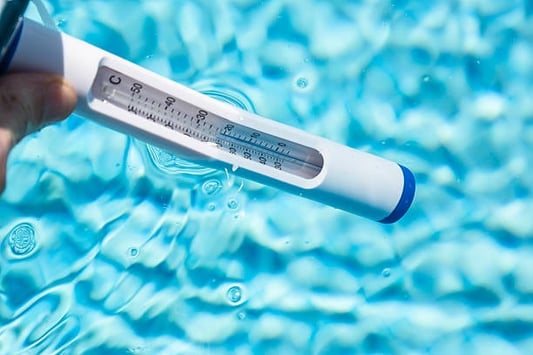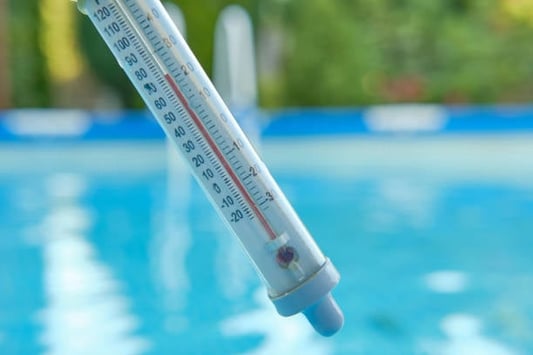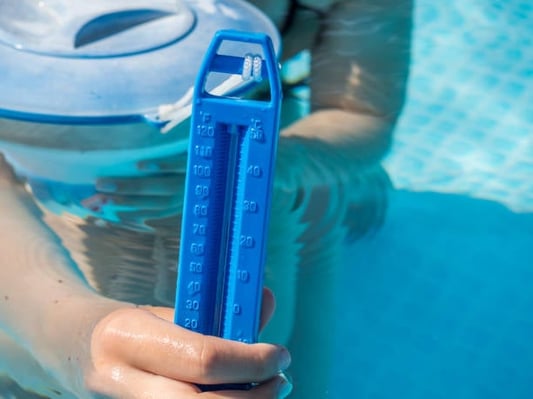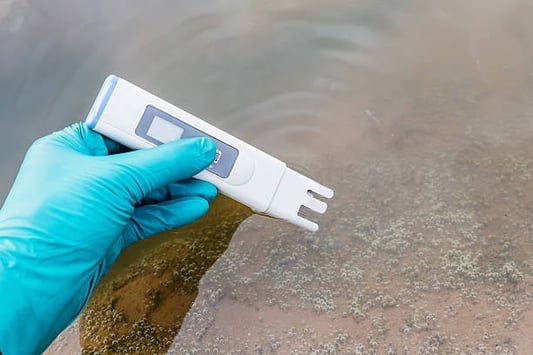Why You Should Consider a Digital Thermometer for Your PoolKeeping your pool at the right temperature can be a challenge, especially if you don't have the right tools. One tool that you should definitely consider investing in is a digital thermometer for your pool. Here are some of the benefits of using a digital thermometer.Accurate Temperature ReadingsOne of the biggest advantages of a digital thermometer for your pool is its ability to provide accurate temperature readings. Unlike traditional analog thermometers, digital thermometers are not subject to the same temperature fluctuations. This means that you can trust the temperature reading that you get from your digital thermometer.User-Friendly OperationAnother advantage of a digital thermometer for your pool is that it is easy to use. Simply turn it on and dip it into your pool water. Within seconds, you will get an accurate temperature reading. This makes it easy to check the temperature of your pool on a regular basis.Helps You Maintain Your Pool's TemperatureA digital thermometer for your pool can also help you maintain your pool's temperature. By providing accurate readings, you can adjust the temperature of your pool as needed to keep it at a comfortable level. This is especially important if you use your pool for swimming or other activities that require a specific temperature range.Long-Lasting Battery LifeMany digital thermometers for pools have long-lasting battery life, which means that you don't have to worry about replacing batteries frequently. This is a great feature for those who want to monitor their pool temperature regularly without having to worry about the hassle of battery replacement.Durable DesignMost digital thermometers for pools are also designed to be durable. They can withstand exposure to the elements, including sunlight, rain, and wind. This means that you can use your digital thermometer for years without having to worry about it breaking down or needing to be replaced.Wireless ConnectivitySome digital thermometers for pools also come with wireless connectivity. This means that you can monitor your pool temperature on your smartphone or tablet. This is a great feature for those who want to keep an eye on their pool temperature from a distance.Easy to StoreDigital thermometers for pools are also easy to store. They are small and compact, which makes them easy to store in a pool house or pool equipment storage area. This is a great feature for those who don't have a lot of space to store pool equipment.Affordable PriceDigital thermometers for pools are also affordable. They are typically priced at less than $50, which makes them a great investment for any pool owner. They offer a lot of benefits for a small price.Compatible With Different Pool TypesDigital thermometers for pools are also compatible with different pool types. Whether you have an above-ground pool or an in-ground pool, you can find a digital thermometer that will work for you. This means that you don't have to worry about compatibility issues when choosing a thermometer for your pool.ConclusionAll in all, a digital thermometer for your pool is a great investment. It offers a lot of benefits for a small price, and it can help you maintain your pool temperature with ease. Whether you use your pool for swimming or other activities, a digital thermometer can help you ensure that your pool stays at the perfect temperature.Quote InquiryContact us!










